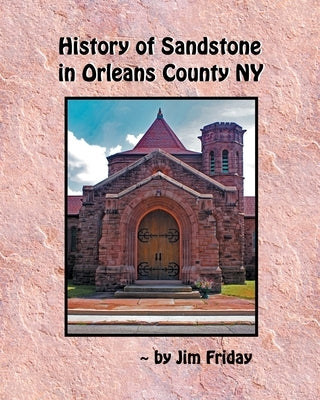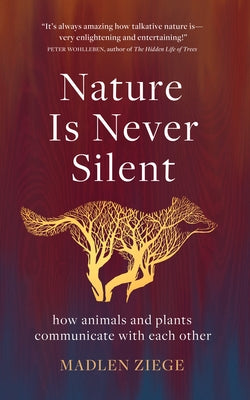Fixing America
$18.99
Introducing Sedimentology
$24.99
Quantum Mechanics
$72.99
Physics and Philosophy
$9.95
The Big Book of Facts
$49.95
A Natural History of Shells
$17.95
Bees: Heroes of the Garden
$29.95
Crystal Radio Handbook
$52.02
Science and the Modern World
$26.00
Kinetic Anatomy
$119.00
A Walk Around the Block
$16.99
This Is Your Mind on Plants
$30.00




















































